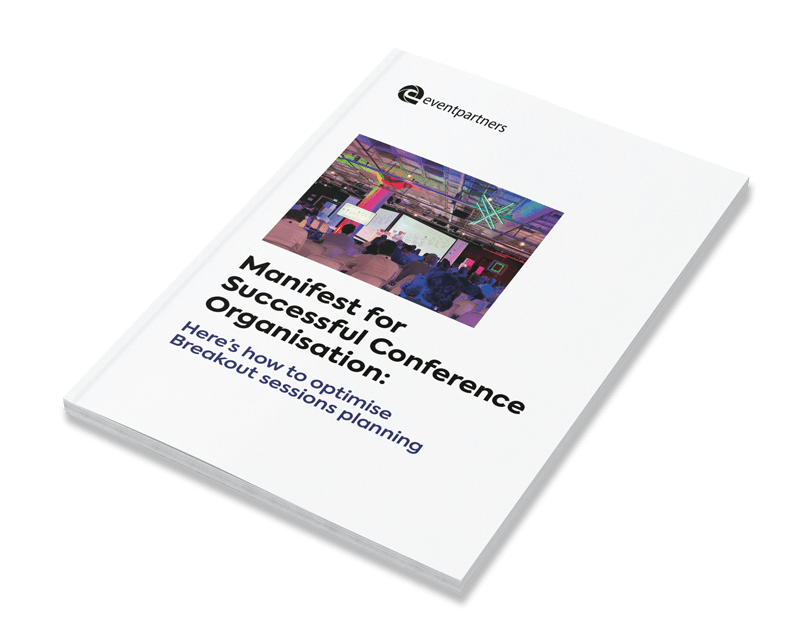To provide the best experience, we use technologies such as cookies to store and/or access device information. By consenting to these technologies, we may process data such as browsing habits or unique IDs on this website. Failure to give or withdraw consent may adversely affect certain features and functionalities within this website. You can change your consent again at any time using the 'Manage consent' button.
The technical storage or access is strictly necessary for the legitimate purpose of enabling the use of a specific service explicitly requested by the subscriber or user or for the sole purpose of carrying out the transmission of a communication over an electronic communications network.
The technical storage or access is necessary for the legitimate purpose of storing preferences that are not requested by the subscriber or user.
The technical storage or access that is used exclusively for statistical purposes.
Technical storage or access used exclusively for anonymous statistical purposes. Without a subpoena, voluntary compliance by your internet service provider or additional data from a third party, information stored or retrieved solely for this purpose cannot usually be used to identify you.
The technical storage or access is required to create user profiles in order to send advertisements, or to track the user across a website or across multiple websites for similar marketing purposes.




